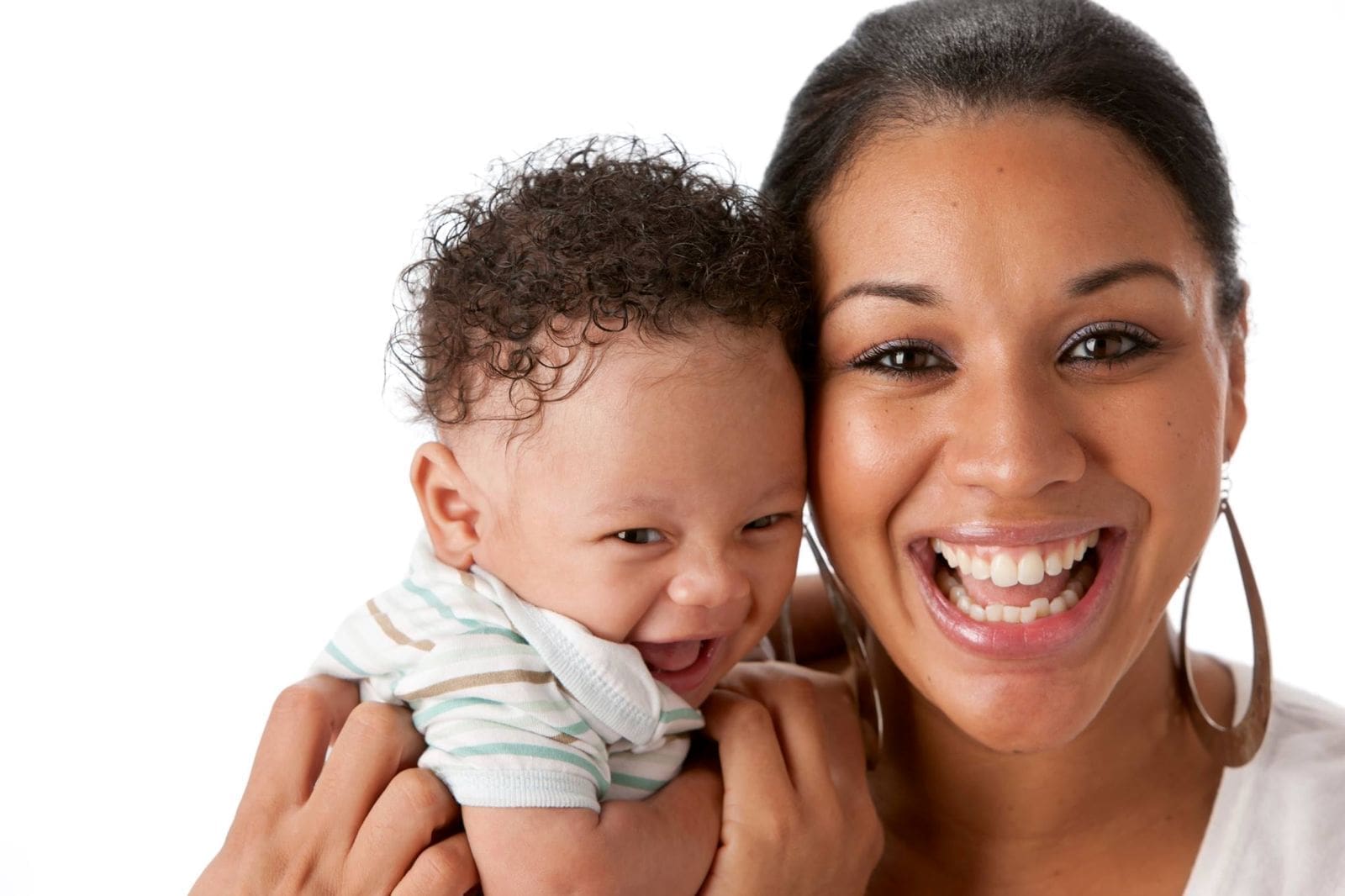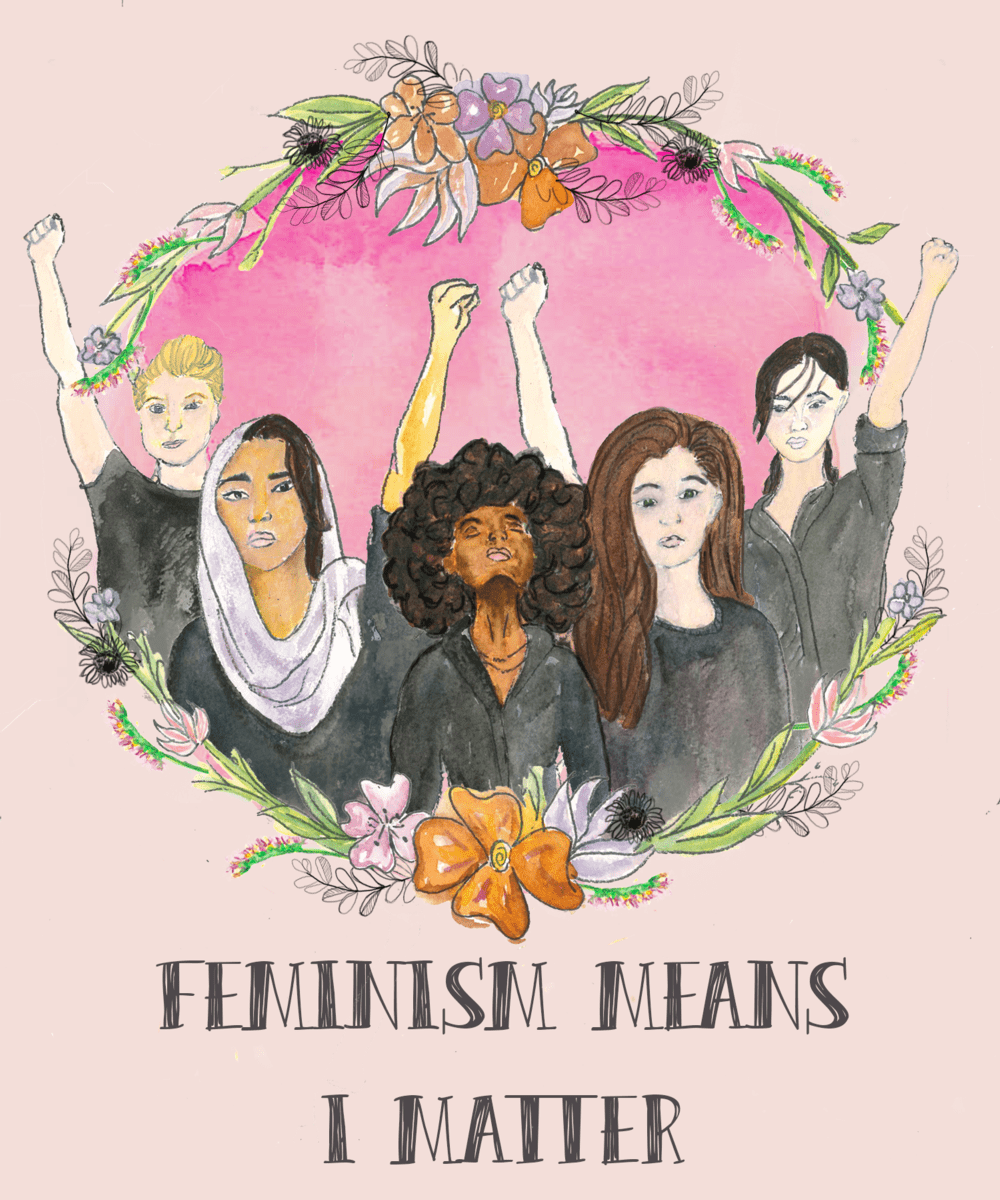Making the decision to give birth can be both exciting and full of unknowns, especially if you or your partner is living with HIV. However, with advancements in science and knowledge around HIV, it is possible for people living with HIV to have healthy pregnancies and give birth to children without HIV while under the guidance of HIV and pregnancy specialists.
We connected with Anne Statton, executive director of PACPI (Pediatric AIDS Chicago Prevention Initiative), to let us in on some answers to frequently asked questions regarding HIV and pregnancy.
If you are interested in connecting with a case manager who can help you with a referral for HIV-related pregnancy services, call 312-334-0972 or click here to connect with PACPI (Pediatric AIDS Chicago Prevention Initiative).
 Is it safe to get pregnant and have a baby if you are living with HIV?
Is it safe to get pregnant and have a baby if you are living with HIV?
Yes!! If you are planning to get pregnant, it is best to talk to both your HIV doctor and a doctor who specializes in pregnancy and childbirth (a specialty obstetrician (OB)). An OB familiar with HIV and pregnancy will get the best information about the safest way to get pregnant.
The best way to have an HIV-negative baby is to make sure your viral load is undetectable. It would be best if your partner is either also undetectable (if they too are living with HIV) or tested frequently to ensure they are HIV-negative. We do recognize that not everyone can reach an undetectable viral load for a number of reasons. If this is the case for you and/or your partner, talk to your doctor about your options. People with HIV who are not able to get to an undetectable viral load can still have a baby born free of HIV.
There are different ways to get pregnant when one person is living with HIV and the other is not. There are safe, affordable ways to minimize chances of an HIV transmission to the partner without HIV. Some of those methods include the use of PrEP, timed ovulation with unprotected intercourse, and other more expensive assisted reproductive technologies. You’ll want a plan that is tailored to your specific needs, and there are specialists in HIV/OB who want to help!
How does someone living with HIV stay healthy during pregnancy?
The best way to stay healthy is to follow your doctor’s instructions and take prescribed medications and prenatal vitamins, go to your OB and HIV appointments, and eat healthy. Illinois has some special perinatal case managers who can help pregnant people living with HIV with these essentials:
- Navigate referrals to specialty doctors
- Get assistance for attending appointments
- Have a home visit to make sure you’re ready for baby
- Get support for medication adherence
- Get help applying for public benefits like WIC for infant formula
What resources are out there for people living with HIV who are thinking about having children?
We are lucky in Illinois to have a network of providers who would love to talk to couples that are interested in considering pregnancy. We can make sure both partners are as healthy as possible to help have a thriving baby! In the Chicagoland area, there are also specialty case managers who can help pregnant people living with HIV to navigate appointments, referrals, medications and preparing for baby.
There are six specialty HIV/OB centers in Chicago — Mt. Sinai, Northwestern, Rush, Stroger, University of Chicago and University of Illinois. They are all specialty centers with years of experience working with pregnant people living with HIV.
What if I want to have a baby but my partner is living with HIV?
If you do not have HIV and your partner does, this is an excellent opportunity to consider PrEP. An undetectable viral load is recommended for your partner, and it’s a good idea to meet with an HIV/OB specialist who can help recommend options that work best for you both.
Is it safe to breastfeed if you have HIV?
There is still a lot to learn about how an undetectable viral load affects the possibility of HIV transmission through breast milk. For that reason, formula feeding is recommended for birthing parents with HIV in the U.S. However, in resource-limited parts of the world where there is less access to clean water and affordable replacement formula, the World Health Organization (WHO) does recommend birthing parents living with HIV to breastfeed exclusively for a period of time while on antiretroviral treatment (ART) for a number of reasons. It’s important to discuss your infant feeding desires with your OB prior to delivery so that you can have all your questions and concerns addressed before the baby comes. There is LOTS more to read on the topic of breastfeeding for parents living with HIV, like this in-depth overview from The Well Project.
What’s different about pregnancy when you’re living with HIV?
People considering pregnancy who are also living with HIV are recommended to take HIV meds before becoming pregnant and during pregnancy to minimize the risk of transmission to the baby. We want to make sure you can take your medications on time every day. It is best to work with an OB who is familiar with caring for pregnant people living with HIV, and that they are in communication with your HIV provider. You may also have medications administered during delivery; infants get treated with medications for 4-6 weeks after delivery to help prevent transmission. PACPI hosts special prenatal classes here in the Chicagoland area to help you get ready.
What is the risk to the baby if I’m pregnant and living with HIV?
The risk to the baby depends mostly on the viral load of the parent giving birth. In general, without treatment, there is a 25% risk of transmission to the infant. If the birthing parent is undetectable, takes medication throughout the pregnancy, is able to achieve an undetectable viral load, is treated during delivery, and the baby is treated for the first 4-6 weeks of life, the chances of transmission is less than 1%. If a person contracts HIV during pregnancy, we think that the risk to the infant is greater. For that reason, AFC and PACPI have worked with legislators to pass a law in Illinois: the Perinatal HIV Prevention Act. This law requires pregnant individuals to be offered an initial HIV test, early in pregnancy, and a repeat test in the third trimester (after 27 weeks). That way, even if the birthing parent is diagnosed with HIV later in the pregnancy, we can improve their chances of having a healthy baby born without HIV by getting them into treatment.
To learn more about all things related to pregnancy and living with HIV or if you are interested in connecting with a case manager who can help you with a referral for HIV-related pregnancy services, call (312) 334-0972 or click here to connect with PACPI (Pediatric AIDS Chicago Prevention Initiative).


